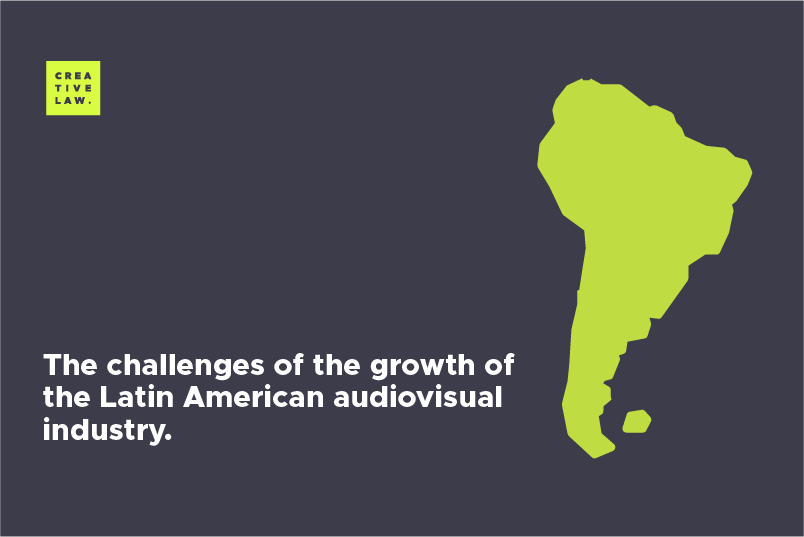After the paralysis of a large number of productions due to the pandemic, a rapid recovery in growth is expected and along with it a greater demand for qualified teams of technical professionals called “below the line” for the production of audiovisual content. Latin America and the Caribbean, which are in an audiovisual boom, may not meet the needs of the demand due to not having all the technical equipment they need.
The new publication of the Inter-American Development Bank (IDB) together with the support of Netflix: “Behind the scenes: creativity and investment for Latin America and the Caribbean: Lessons from a conversation with key voices in the audiovisual sector”, addresses the opportunities and challenges facing the entertainment industry in Latin America, based on more than 100 interviews with key players from across the region. The study highlights the importance of investing in more education and training programs to allow the region to continue to meet the growing demands of the industry and to include more diverse voices.
A survey commissioned by the IDB publication suggests that “the absence of courses and training options at the level of the standards required by the global industry and the lack of harmony between curricular experience and practice were seen as the main challenges faced by faces the audiovisual production workforce in Latin America and the Caribbean ”. According to the results of the survey carried out by the independent international consultancy Olsberg SPI, the below-the-line positions with the highest demand include: production designer, VFX, stunts coordinator, continuist (script), Covid head of security, and special effects supervisor.
According to the Olsberg SPI technical study “Best practices in the development of the audiovisual sector” (9/2019), qualified workforce is one of the four basic pillars for a consolidated audiovisual industry; the other three are: incentives, infrastructure and services, as well as a “film-friendly” environment. On the other hand, several governments have also understood the value of the audiovisual industry for the economic growth of their countries due to its impact on other economic sectors. According to another study by Olsberg SPI, “Global audiovisual production: the impact of film and television production on the economic recovery after COVID-19” (6/2020), on average, 67% of spending on audiovisual production reaches sectors outside the industry; In other words, the audiovisual industry has a significant positive impact on the entire economy as a whole.
The LATC Technical Update Program for Audiovisual Professionals 2021 is a pilot program of the Latin American Training Center carried out remotely and aimed at technical audiovisual professionals (below-the-line) in various Latin American countries. The format is a series of 10 master classes of 2-3 hours each, covering the main stages of the audiovisual production chain: pre-production, production and post-production. The classes are taught by renowned industry professionals, and have the local institutional support of associations and entities from the private and public sectors related to the audiovisual sector.
The selection of topics and tutors is made by mutual agreement between LATC and local partners, based on current market needs and the characteristics of each country. Among the topics addressed, the following stand out: directing assistance, art direction, continuity, DIT / media manager, visual effects, HDR, photography direction, post-production supervision, line producer, illuminist (Gaffer), editing, among others. Class attendance is free, or a nominal fee is paid, and the LATC diversity and inclusion policy applies to each program. There were editions in Argentina, Brazil, Colombia, with an average of 150 attendees in each class. Currently, a joint program is being carried out for Bolivia, Ecuador and Peru, and one for Mexico. An edition is also planned for the end of the year in Central America and the Caribbean. All programs function as preview versions of longer courses scheduled for 2022.




